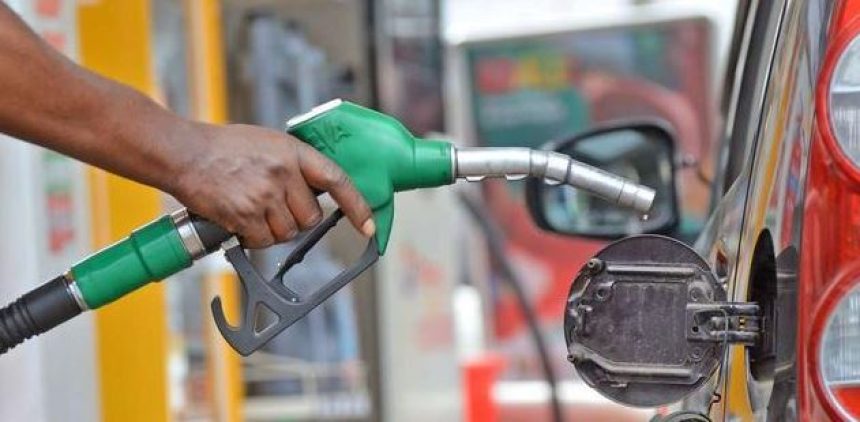In his maiden statement as president of the west African nation of Nigeria, freshly sworn-in Bola Tinubu pledged to “defend the nation from terror and all forms of criminality.”
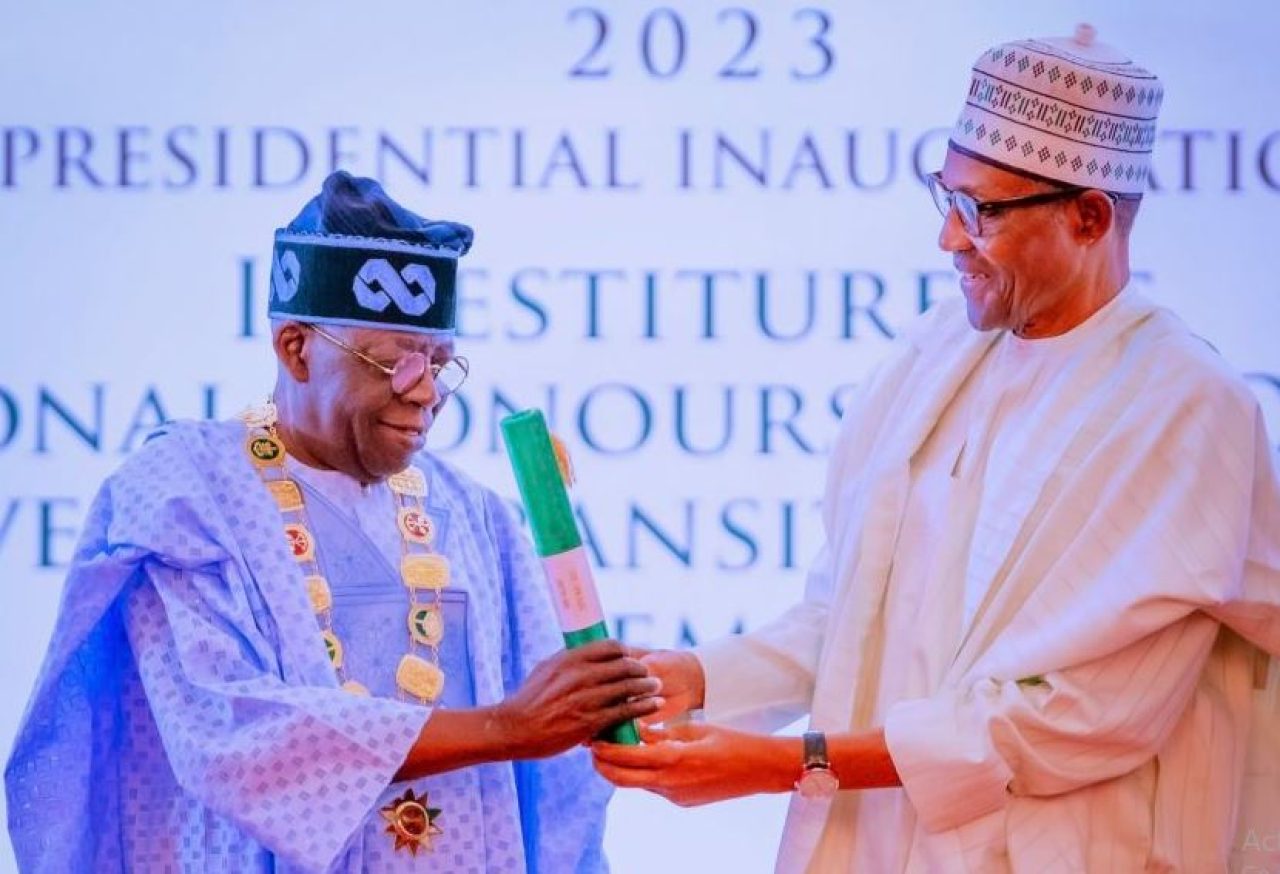
In addition, Tinubu stated that “fuel subsidies are gone” which will increase the price of refined oil in a nation experiencing a severe economic crisis with double-digit inflation, ballooning debt, poverty, and unemployment.
“I will not allow my personal interest to influence my official conduct or my official decisions. That I will preserve, protect, and defend the constitution of the Federal Republic of Nigeria.” says Tinubu, the new Nigerian leader.
The 71 year old also vowed to heal the nation. “We are here to further mend and heal this nation, not to tear and injure it. We shall defend the nation from terror and all forms of criminality that threaten the peace and stability of our country.”
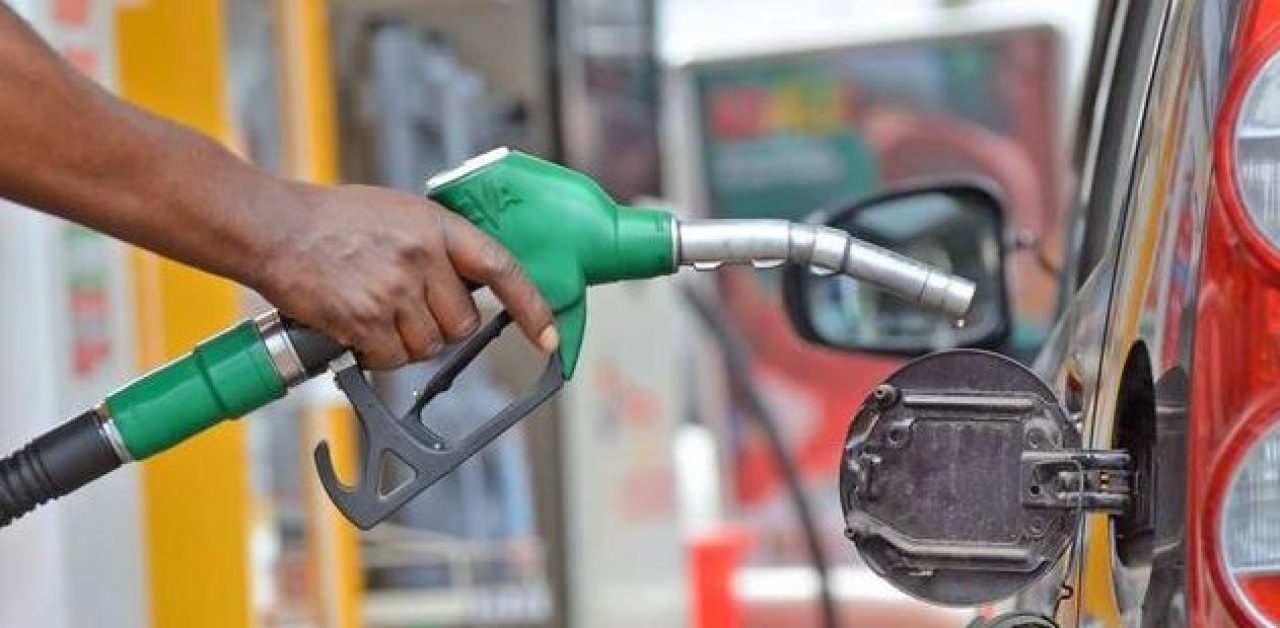
On Monday, Tinubu was elected president of Nigeria amid unprecedented difficulties facing the continent’s most populous nation. While some Nigerians expressed optimism for a better future, others expressed scepticism about whether his administration would perform better than the one it replaced.
The swearing-in event for Tinubu was held in the nation’s capital, Abuja, in front of thousands of Nigerians and numerous heads of state.
He succeeds President Muhammadu Buhari as the head of a country that is expected to tie with the United States as the third most populous country in the world by 2050, following India and China.
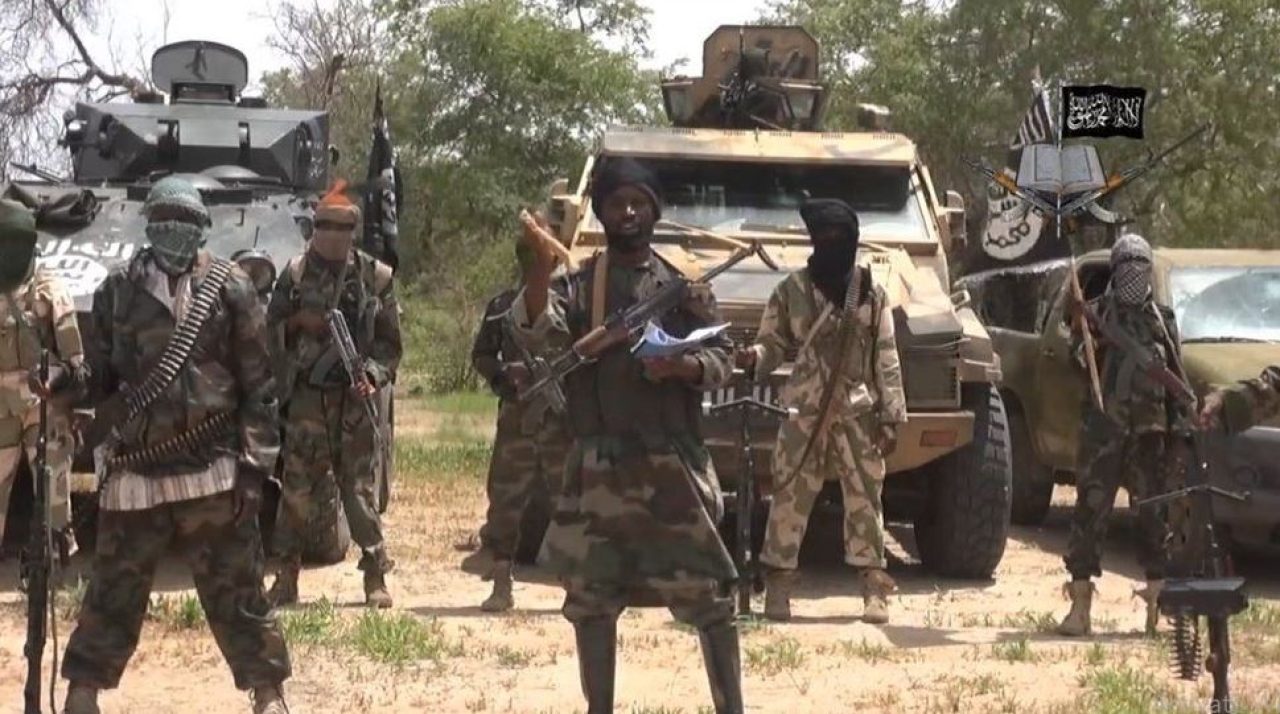
Former Lagos governor Tinubu has pledged to build on Buhari’s attempts to bring democratic dividends to citizens in a nation where deadly security crises, pervasive poverty, and hunger have left many furious and disillusioned. Lagos is Nigeria’s economic centre.
Additionally, Tinubu has vowed to bring Nigeria back together despite the fact that many young Nigerians and opposition parties are currently challenging his election in court.
In his first remarks as president, Tinubu, a member of Buhari’s party, stated that “hope is back for Nigeria” and promised to do more than only address the country’s economic and security issues. He also promised to fight to bring the country’s severely divided citizens together and provide fairness and justice for harmed groups.
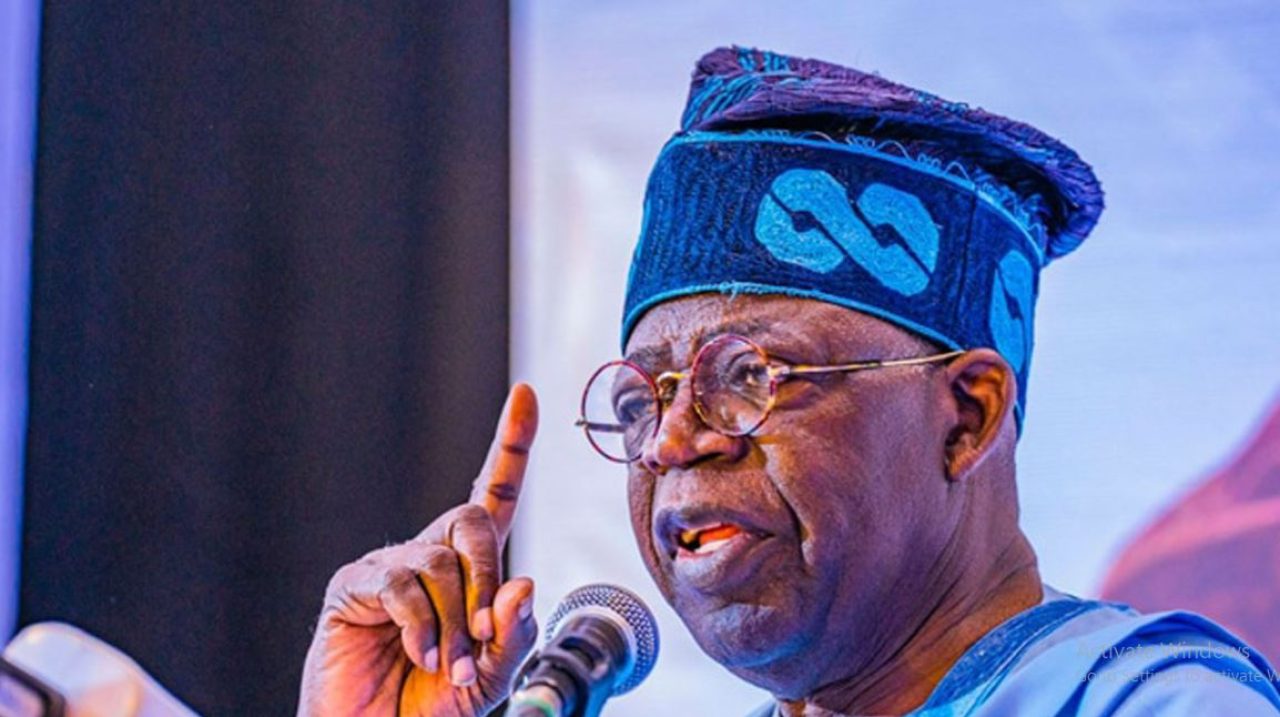
Gen. Lucky Irabor, Nigeria’s chief of defence staff, handed the new flags to Tinubu, who also serves as the head of the armed forces, as a sign of the transfer of authority and allegiance to the new president.
Newly elected governors also took the oath of office on Monday in various Nigerian states following the national elections in February.
Both of the two main opposition candidates who are contesting Tinubu’s election in court were absent from the inaugural site, and many Nigerians tweeted in opposition to Tinubu’s inauguration.

In roughly three weeks, the court challenge’s verdict is expected.
It would be the first time in Nigerian history that a presidential election was declared invalid by a court, if the opposition’s claims are upheld.
According to Tinubu’s “renewed hope” manifesto, creating enough jobs and increasing local production of goods are priorities, as well as investing in agriculture and public infrastructure, giving the poorest and most vulnerable people access to the economy, and improving national security structures to combat all types of insecurity.
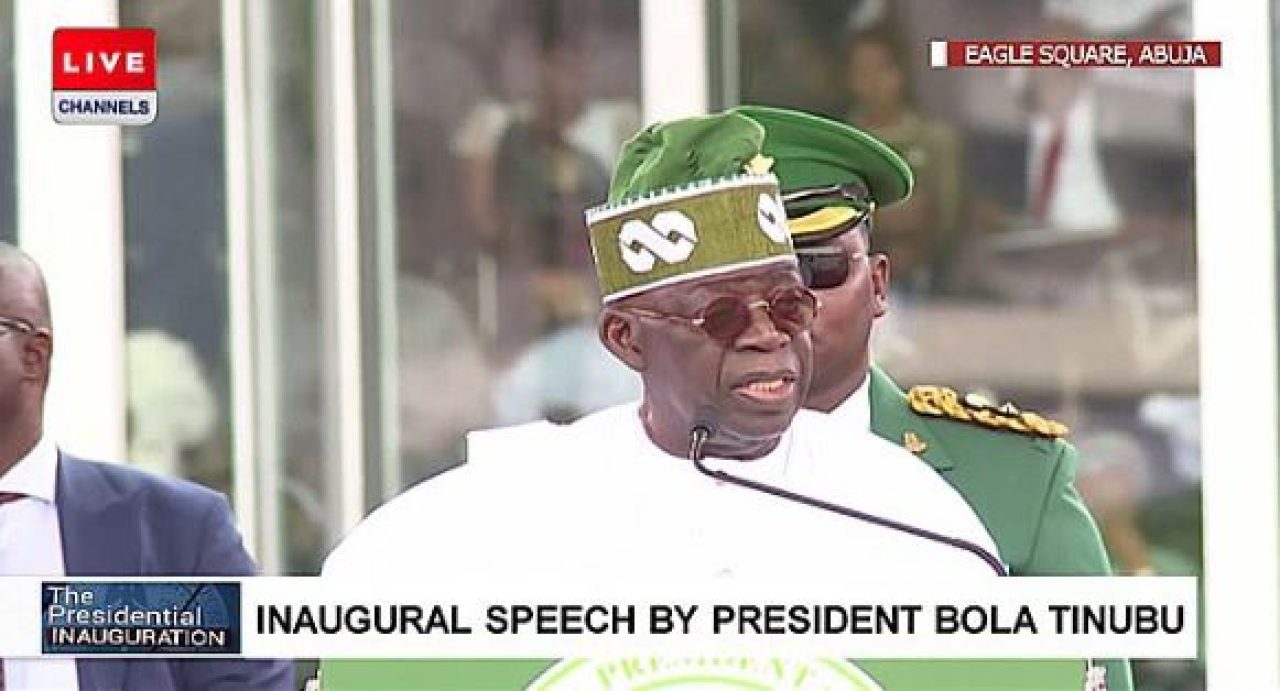
However, a number of obstacles, including insecurity, a fiscal crisis, poverty, and growing public dissatisfaction with the government, could imperil Tinubu’s ambitious objectives in his first 100 days in office, observers warn.
The promises made by Tinubu, according to some analysts, are similar to those made by Buhari, a former military head of state, when he was first elected president in 2015. His priorities were to fight insecurity and build the economy, but he ultimately fell short of many people’s expectations.
